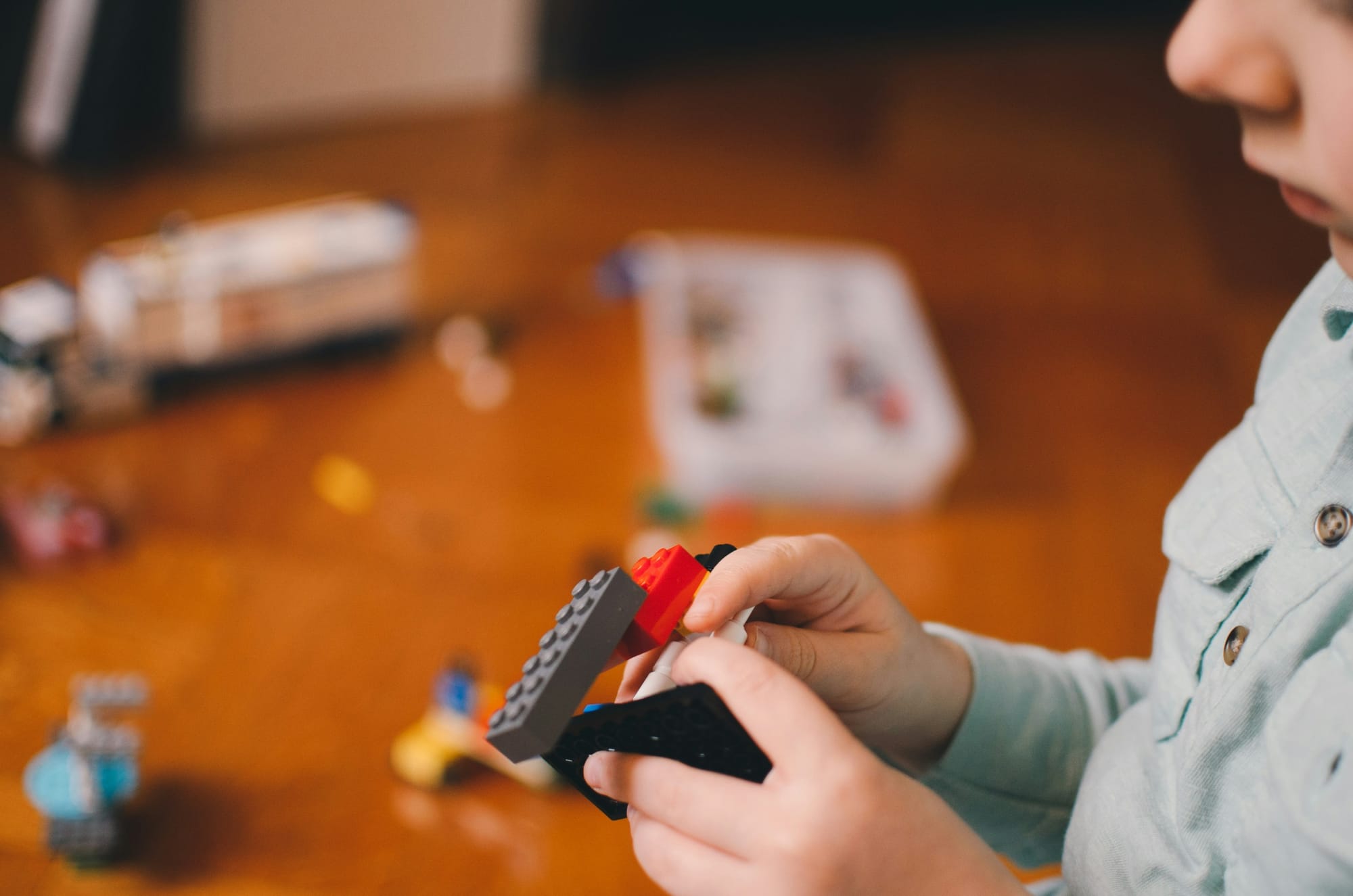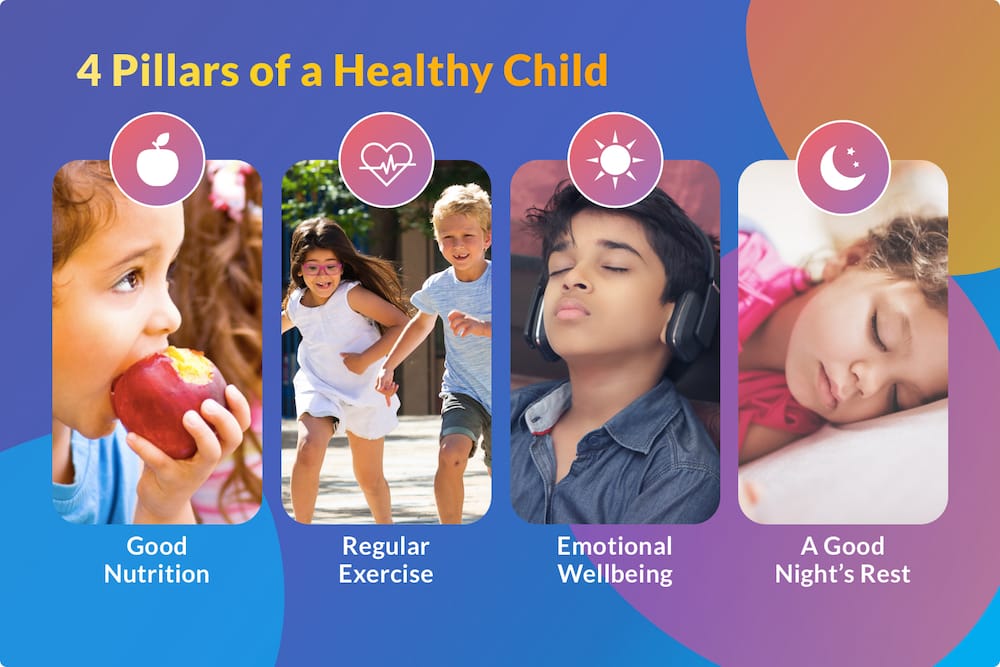Modern children and their real needs (a psychiatry article)

Written by Βασίλειος Ανδρεαδάκης Γράψιας
There is a silent tragedy unfolding in our homes today involving our most precious jewels, our children. Our children are in a devastating emotional state! Over the past 15 years, researchers have provided us with statistics each time that are more alarming about the acute and persistent increase in childhood mental illness that has now reached epidemic proportions. Statistics do not lie:
· 1 in 5 children has mental health problems
· there was a 43% increase in ADHD (Attention Deficit Hyperactivity Disorder)
· There was a 37% increase in adolescent depression
· There was a 200% increase in the number of childhood suicides (between 10 and 14 years)

What is happening and what are we doing wrong?
Today's children are overstimulated and full of material gifts, but lack the basics for a healthy childhood, such as:
• emotionally available parents
• Clearly defined boundaries
• responsibilities
• balanced diet and adequate sleep
• creative play, social interaction, opportunities for unguided play and "opportunities" to get bored

photo taken by https://www.moshikids.com/articles/4-pillars-healthy-child/
On the contrary, in recent years children have had enough of:
• parents with their attention distracted by digital technology
• lenient and permissive parents who let their children "rule the world" and set the rules
• a sense of entitlement, of being worth it all without earning it or becoming responsible once they have it
• inadequate sleep and unbalanced diet
• sedentary lifestyle
• endless stimulation, technological nannies, instant reward and absence of boring moments

What to do?
If we want our children to become happy and healthy individuals, we need to wake up and go back to basics. It is even possible!
Many families saw immediate improvement a few weeks after implementing the following recommendations:
• Set boundaries and remember that you are the captain of the ship. Your children will feel more confident knowing that you are in control of the rudder
• Offer children a balanced lifestyle, full of what children NEED, not what they WANT. Don't be afraid to say "no" to your children if what they want isn't what they need
• Give them nutritious food and limit junk food
• Spend at least an hour daily in the fresh air with activities such as: cycling, walking, fishing, bird/insect watching
• Enjoy a daily family dinner without smart phones or distracting technology Play board games with the whole family or, if the kids are too young for board games, let yourself be carried away by their interests and allow them to guide the game
• Involve your children in any of the activities or household tasks according to their age (folding clothes, arranging their toys, spreading clothes, unpacking food, setting the table, feeding the dog, etc.)
• Establish a consistent bedtime routine to make sure your child gets as much sleep as he needs. Timetables will be even more important for school-age children.
• Teach responsibility and independence. Don't overprotect them against every disappointment or mistake. Making mistakes will help them develop resilience and learn to overcome life's challenges.
• Do not make your child's bag, do not carry it to them, do not take them to the work they forgot, do not peel the banana or orange, if they can do it themselves (4-5 years old). Instead of giving them the fish, teach them to fish.
• Teach them to wait and postpone gratification.
• Give opportunities for "boredom", since boredom is the moment when creativity awakens. Don't feel responsible for entertaining kids all the time.
• Don't use technology as a cure for boredom, nor offer it to them at the first opportunity to do nothing.
• Avoid using technology at the table, in the car, in restaurants, in shopping malls. Use these moments as opportunities to socialize, thus training their brains to know how to function when they are in a state of "boredom"
• Help them make a "boredom jar" with activity ideas for when they're bored.
• Be emotionally available to connect with your child and teach self-regulation and social skills. Turn off phones in the evenings when children need to go to bed to avoid digital distraction.
• Become an emotional regulator or coach of your children.
• Teach them to recognize and manage their frustration or anger.
• Teach them to greet, change roles, share empty-handed, say "thank you" and "please," admit their mistakes and apologize (don't force it on them), and be the role model of all those values you want to convey.
• Connect emotionally – smile, hug, kiss, tickle, read, dance, play or crawl with them.
